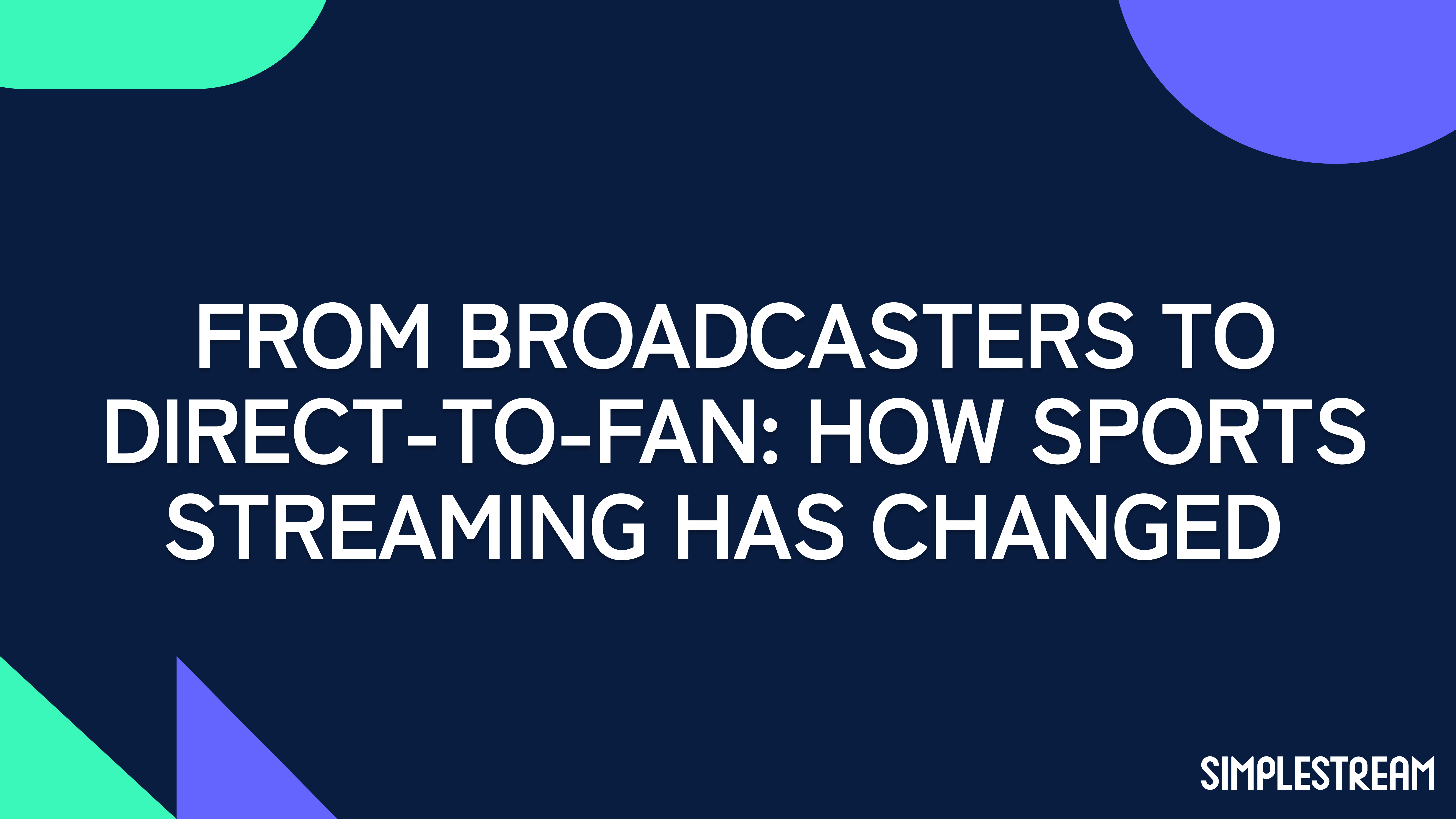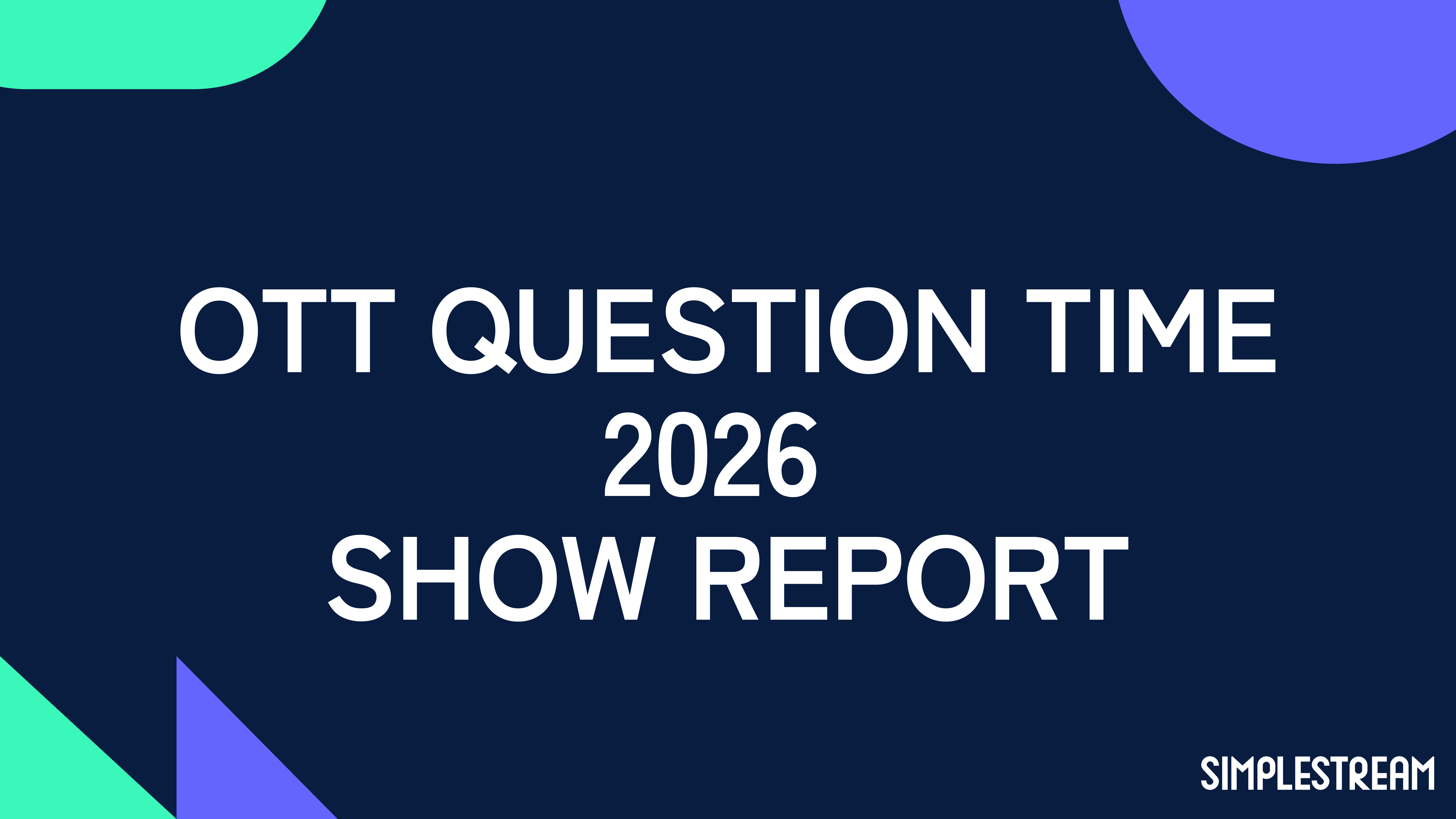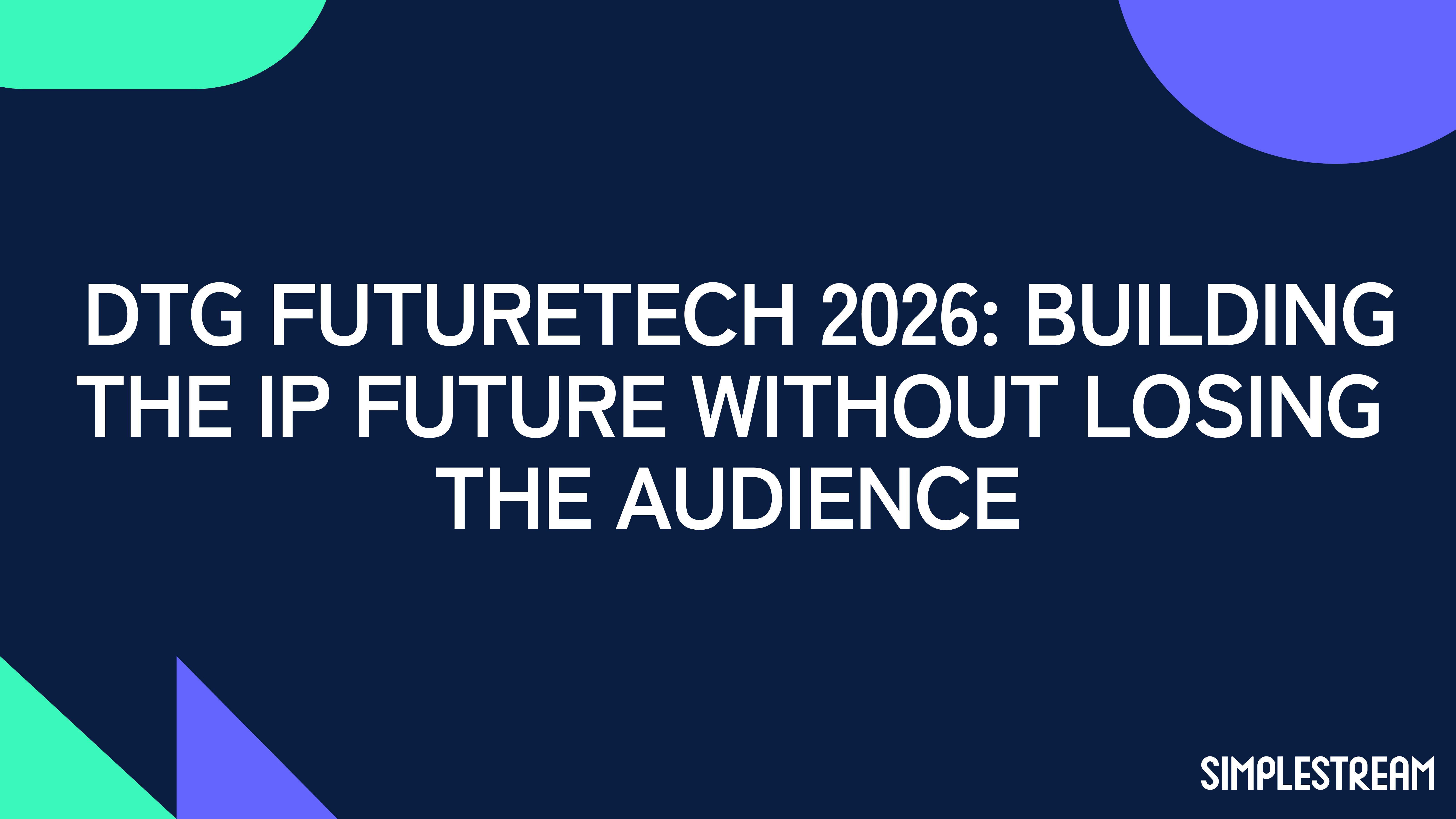Generative AI: Is this the future of content production?
What is GenAI, and how will it shape the future of video content production? Learn more in this article.
In the ever-evolving world of content production, innovation is key. Enter Generative AI (GenAI), a game-changing technology that's fast, efficient, and cost-effective, especially for creating visuals. This innovative tool has the potential to completely transform how we create, manage, and consume content across different platforms.
What is GenAI?
GenAI refers to a class of artificial intelligence algorithms that can produce content by learning patterns from existing data. Unlike traditional AI, which focuses on analysing and predicting outcomes based on input data, GenAI creates original content, such as text, images, music, and even video. Tools like DALL-E 2 and VEED are prime examples of how GenAI is being utilised to produce visual content.
How can GenAI be used for Content Production?
- Image Generation: Tools like DALL-E 2 can create stunning visuals from textual descriptions, eliminating the need for extensive graphic design resources. Developed by OpenAI, DALL-E 2 uses advanced machine learning algorithms to understand and interpret text, transforming it into detailed and realistic images.
- Video Production: GenAI is making strides in video content, with the ability to generate realistic video sequences and animations, offering new possibilities for storytelling and marketing.
- Idea Generation: GenAI can assist in brainstorming sessions by providing a plethora of creative ideas and concepts based on existing trends and data.
Examples of GenAI being used for video content production
The Lion King (2019)
The 2019 live-action remake of Disney's classic animated film utilised GenAI to create highly realistic animal characters and environments. According to Disney's newsroom, AI played a significant role in animating the characters, enabling the visual effects team to use AI-driven techniques that mimicked real-life animal behaviour. This resulted in stunningly lifelike visuals.
Gemini Man (2019)
In this science fiction film, Will Smith plays both a young and an older version of his character. Using a combination of CGI and GenAI technology, the filmmakers de-aged the actor, creating a convincingly youthful version of him that interacted seamlessly with the older version. This advanced technology allowed the filmmakers to tell a story that would have been impossible with traditional methods.
Welcome to Chechnya (2020)
This was a documentary which used deepfake technology to protect the identities of activists and individuals at risk. GenAI was employed to alter the faces of participants while preserving their emotions and expressions, allowing their stories to be told without compromising their safety.
What are the pitfalls of using GenAI for content production?
Quality Control
A key pitfall of AI-generated content, especially in visual media, is ensuring its factual accuracy and authenticity. AI systems, like those used by GenAI, often struggle with accurately recreating human features, necessitating continuous human oversight to validate and refine the output.
Scalability Challenges
Scaling AI-generated content production while maintaining consistent quality and authenticity can be difficult, requiring ongoing monitoring and adjustments.
Viewer Trust and Acceptance
Audiences might harbour scepticism toward AI-generated content, which can influence their trust and acceptance. It's crucial to communicate transparently about the role of AI in content creation. Think about it, does knowing content is AI-generated make it feel less premium to you?
Contextual Understanding
AI may struggle with nuanced understanding and context that humans naturally grasp. This limitation can lead to errors in tone, style, or appropriateness of the generated content, affecting how it is perceived by audiences.
Conclusion
As we look ahead in the realm of content creation, there is a strong belief that human-made content will remain highly valued. Human creativity, intuition, and deep contextual understanding have long been celebrated for their ability to connect with audiences on an emotional and authentic level.
However, the emergence of new technology represents a significant shift in this landscape. GenAI offers speed, efficiency, and innovative potential in content creation, raising important questions about authenticity and audience acceptance. Can AI-generated content truly capture the depth and complexity of human expression and storytelling? Will audiences embrace content created by algorithms with the same appreciation as human-crafted content?
GenAI is enhancing rather than replacing human creativity. Human creators bring a unique ability to infuse content with soul, cultural relevance, and nuanced understanding.
Looking forward, there's potential for a harmonious collaboration between human ingenuity and AI's computational capabilities. This synergy could push the boundaries of content creation, offering new avenues for creativity while maintaining the authenticity and emotional resonance that human-made content uniquely provides.


